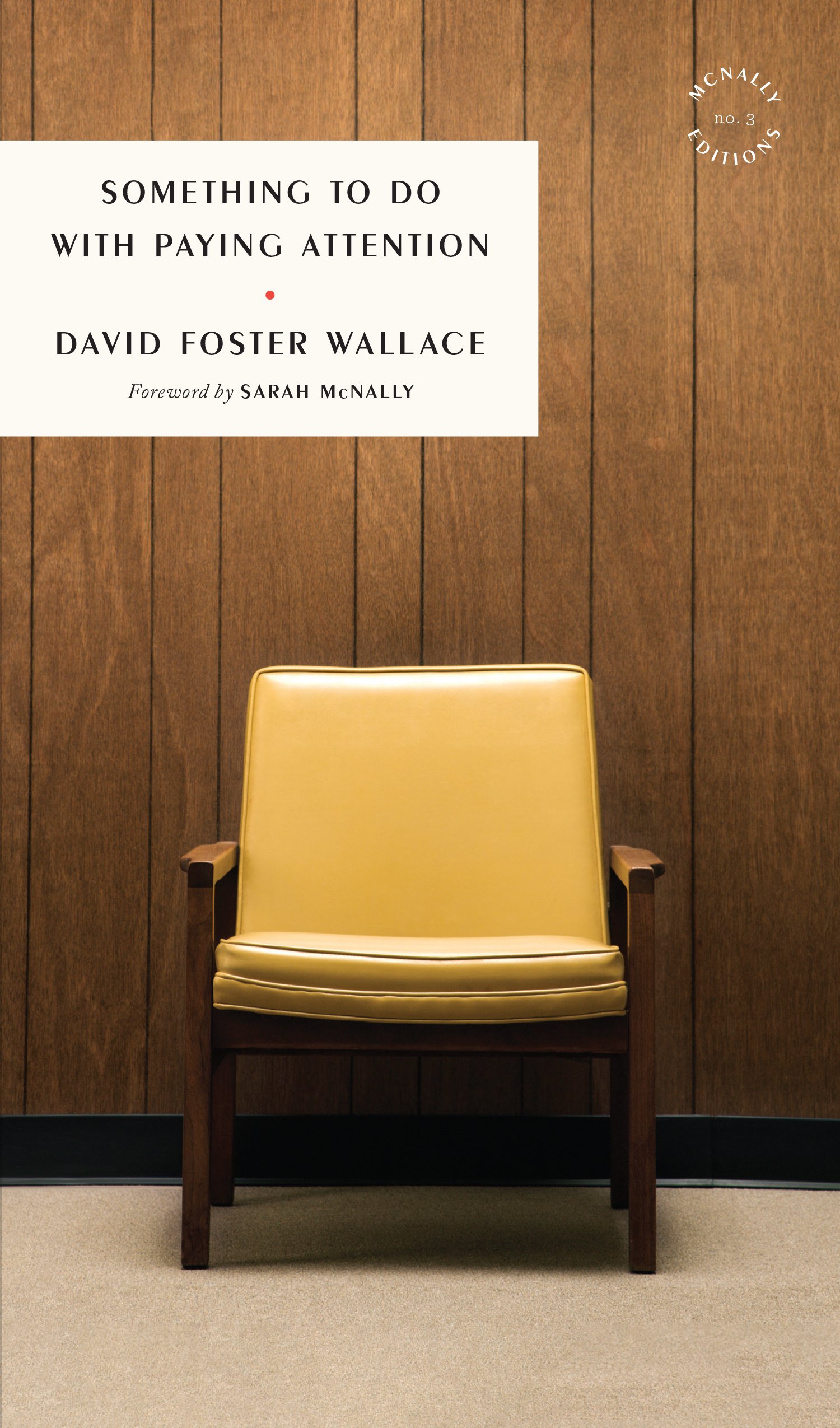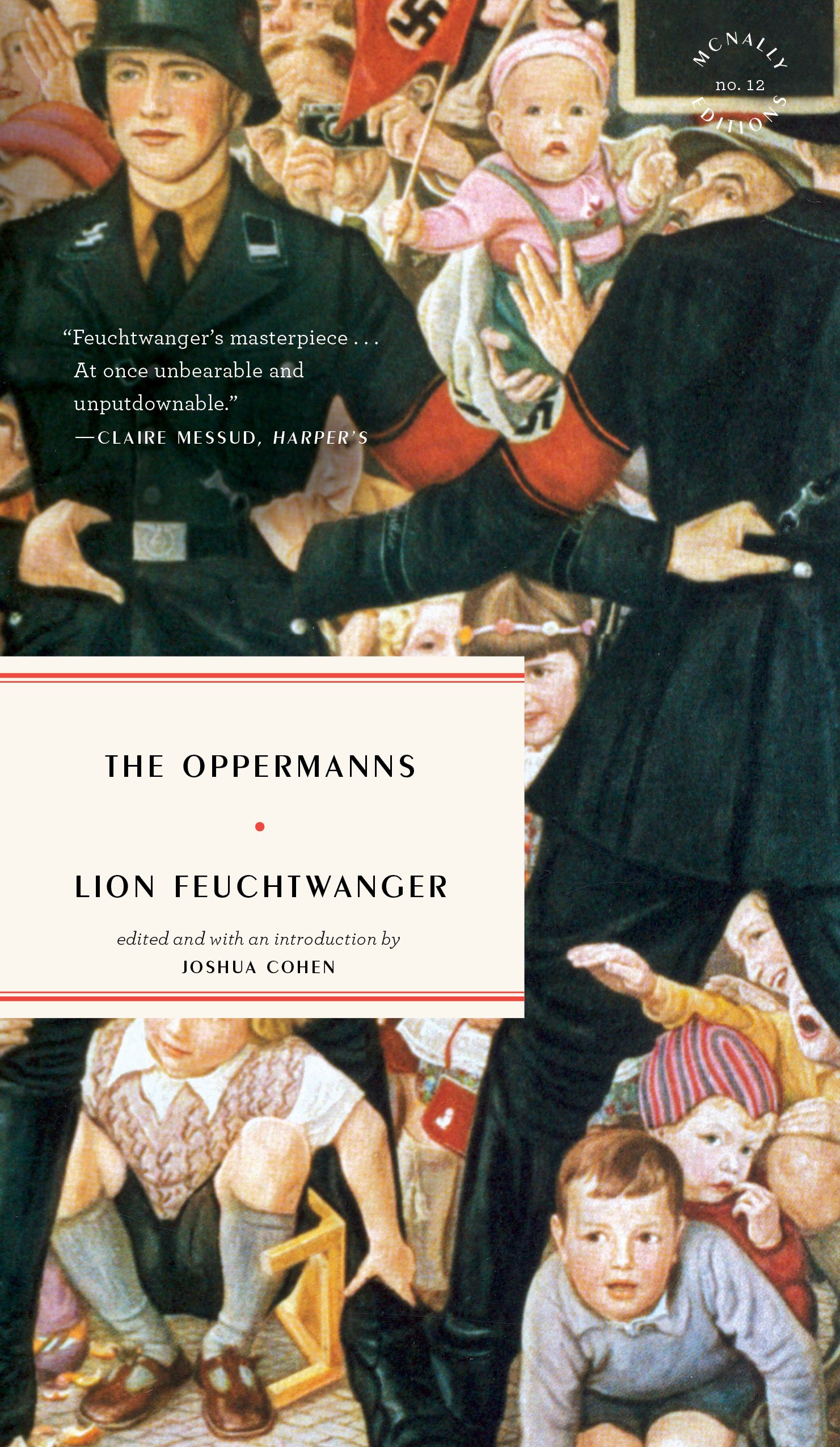Something to Do with Paying Attention
David Foster Wallace
Foreword by Sarah McNally
David Foster Wallace’s last unfinished work, a wise and unexpected tour de force “using the IRS the way Borges used the library and Kafka used the law-courts building: as an analogy for the world.” —John Jeremiah Sullivan, GQ
David Foster Wallace
Foreword by Sarah McNally
David Foster Wallace’s last unfinished work, a wise and unexpected tour de force “using the IRS the way Borges used the library and Kafka used the law-courts building: as an analogy for the world.” —John Jeremiah Sullivan, GQ
David Foster Wallace
Foreword by Sarah McNally
David Foster Wallace’s last unfinished work, a wise and unexpected tour de force “using the IRS the way Borges used the library and Kafka used the law-courts building: as an analogy for the world.” —John Jeremiah Sullivan, GQ
When David Foster Wallace died in 2008, he left behind a vast unfinished novel—some 1,100 pages of loose chapters, sketches, notes, and fragments. This material was collated and published in 2011 as The Pale King, which became a finalist for the Pulitzer Prize.
But the unfinished King did contain a finished novella that Wallace had already considered publishing as a stand-alone volume. It is the story of a young man, a self-described “wastoid,” adrift in the suburban Midwest of the 1970s, whose life is changed forever by an encounter with advanced tax law. It is, as Sarah McNally writes in her preface, “not just a complete story, but the best complete example we have of Wallace’s late style, where calm and poise replace the pyrotechnics of Infinite Jest and other early works.”
“First among us. The most talented, most daring, most energetic and original, the funniest . . . He was a wake-up artist.”
—George Saunders
“Delicious . . . An unmistakably Wallace-esque tale of inanity and profundity."
—Hillary Kelly, Vulture
“Enthralling . . . Something to Do with Paying Attention has the spirit of [Wallace’s] best non-fiction, that of the set-apart morning, with a ray shining on the page. It both demonstrates his greatest gift and represents the desire to have this part of him set alone from the rest . . . You open [the] text and it wakes. What is alive in it passes to the living. His attention becomes our attention.”
—Patricia Lockwood, London Review of Books
“Distinct in Wallace’s work is an attention to the secret, battered, deflated spiritual existence of America and Americans. Underneath the professional smiles there is a sadness in this country that is sunk so deep in the culture you can taste it in your morning Cheerios . . . Wallace identified it: many, many people followed him.”
—Zadie Smith, The Burned Children of America
“The final finished work by the late, widely influential novelist and essayist . . . Darkly fascinating. A valediction for Wallace’s fans. Accountants will enjoy it, too.”
“Complete in itself . . . [Something to Do with Paying Attention] has to be the most unusual conversion experience in confessional narrative.”
—Judith Shulevitz, Slate
“Wallace was both satirist and preacher in the same breath, and the idea that the IRS, imagined as a quasi-religious foundation in which the burdensome and egotistic self might find redemption in the service of a greater good, could be both a comic conceit and a heartfelt belief seems to have been central to his conception of The Pale King.”
—Jonathan Raban, New York Review of Books
“The Pale King is light-years beyond Infinite Jest . . . Among many other things, the record of a struggle against all the things that ‘boredom’ comes to stand for in this novel: disengagement, distraction, isolation, an inability to feel.”
—Hari Kunzru, Financial Times
“Wallace doesn’t write about his characters; he hadn’t in a long time. He writes into them . . . He was using the IRS the way Borges used the library and Kafka used the law-courts building: as an analogy for the world.”
—John Jeremiah Sullivan, GQ
“Wallace the novelist was an ethicist, deeply concerned with fidelity to the truth. He didn’t flinch from plumbing the scariest, strangest, most difficult things right to the bottom . . . In fact, though, his fiction is full of whoppers. I mean plain lies, as in, you can’t kill someone with ground glass (as in The Pale King) any more than you can use Lemon Pledge as sunscreen (as in Infinite Jest) . . . Why do this to us? It’s to make us do the ‘hard work,’ as he used to call it, of reading well. Through these cascades of weird little fibs, reality itself is over and over called into question. All of it. Experience, reading, writing. Being.”
—Maria Bustillos, Popula
“His mind is encyclopedic and digressive . . . His novels are termed postmodern, and so they are, but in their appetite for overflowing tangential inclusiveness they also resemble the all-devouring 18th-century novel.”
—Cynthia Ozick, The Millions
© Nancy Crampton
David Foster Wallace (1962–2008) was the author of two finished novels, The Broom of the System (1987) and Infinite Jest (1996), six collections of stories and essays, two book-length essays in mathematics and philosophy, and one unfinished novel, The Pale King, which was a finalist for the Pulitzer Prize.
Sarah McNally is the publisher of McNally Editions.
Something to Do with Paying Attention • Paperback ISBN: 9781946022271
Apr 5, 2022 • McNALLY EDITIONS no. 3
5" x 8.5" • 152 pages • $18.00










